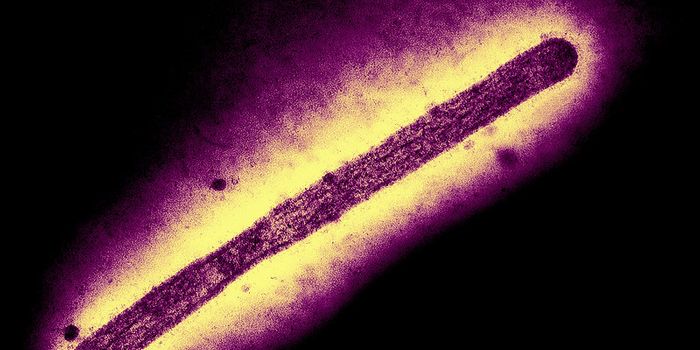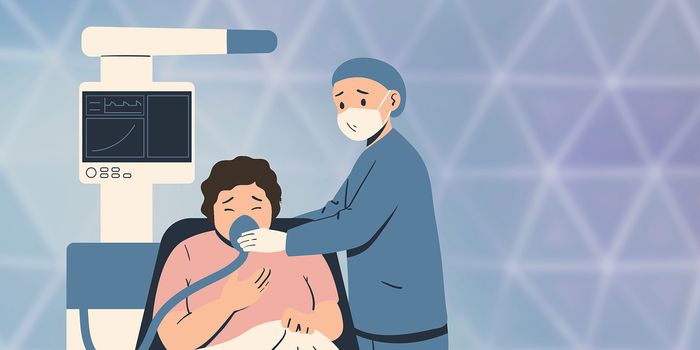Personalized Treatment for Sickle Cell Disease
Globally, the most prevalent inherited blood disease is sickle cell which affects 70,000 to 100,000 Americans. Despite such significance, the disease is considered an orphan as it impacts less than 200,00 people annually—as such, it is unrepresented in research.
Learn more about sickle cell disease:
Now, a team in the Department of Biomedical Engineering at Texas A&M University is working on addressing sickle cell disease.
"I'm trying to create these new types of disease models that can impact health care, with the long-term goal of emphasizing on applying these tools and technologies to lower health care costs," says Abhishek Jain, assistant professor in the department. "We strategically wanted to pick up those disease systems which fall under the radar in orphan disease category."
The organ-on-a-chip research is based on the idea of growing human cells on tiny USB-sized devices that mimic the way the organ would activate inside the body. The work was published recently in the journal Bioengineering & Translational Medicine.
"Traditionally these cells were not used for disease modeling, so in that way our approach is very novel," Mathur said. "We are one of first to harness these cells and employed them in disease modeling research."
"What we learned is within blood samples are some endothelial cells also circulating," Jain said. "We call them blood outgrowth endothelial cells that we can harness very easily. That's what is new about this work. You can get those cells, grow them so that's there's enough in number and then you can make blood vessels."
Once the researchers were able to build blood vessels, they moved on to seeing how these models would show the diversity of the disease among patients.
"We're able to differentiate a very severe sickle cell patient in terms of their phenotype from very mild patients," Mathur said. "Moving forward, we can take a larger population of any sickle cell disease patients and assess them using our organ-chip technology and then categorize them into different groups based on symptoms."
Their work could address the needs of patients more accurately particularly in the realm of personalized medicine.
"When you take it to the field, now it can become a predictive device," Jain said. "Now you do not have to know whether the patient is mild or severe, you can test for that. You can predict if patient is serious and can dictate their therapeutic needs."
Researchers are now hopeful to continue their work and build a database system based on disease progression.
"You take a history of a lot of these patients and their cardiovascular health with this device, and you can predict which patient might have better chance of having a stroke and you start treating them early on," Jain said.
"I think even though it may take 10, 15 years, we will at least push forward some of the research that we're doing and get it out in the clinical field," he said. "We are one of the only groups in the world that have started this field of personalized treatment. I feel that our impact is pretty high, and I'm sure we will be able to expand the same treatment to other cardiovascular diseases and attract more attention and deeper insights into the biology that we are looking at."
Source: Science Daily










